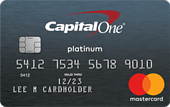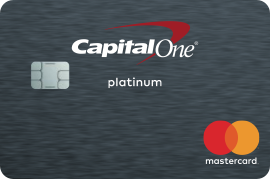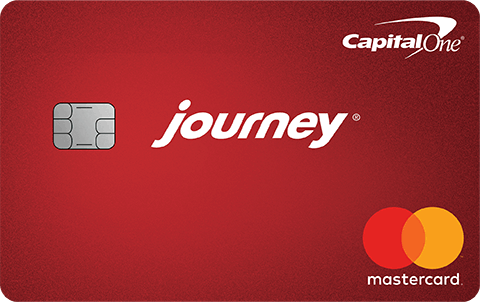You know that having a strong credit score can open a lot of doors throughout life, but where do you begin when you have no credit at all? Building credit can seem hard at first, but luckily there are options if you’re just starting to manage your finances and gain trust with lenders. New credit seekers can access credit card offers with benefits made to support good financial habits and a rising credit score. Below, we’ll explain some aspects of entering the credit market and cultivating lasting success.
Credit ‘Invisible’
Having no credit is not the same as having a credit score of zero—rather, the absence of a score means you are ‘credit invisible’. Before you apply for credit, check your credit score! It’s free and easy to do, through many online websites. Or, request a free credit report from each of the three top bureaus: Experian, Equifax and TransUnion. Federal law states everyone is entitled to one free report per year from each bureau. If you have never taken out credit before, and there’s already a file on you—this is a red flag and might indicate that someone else’s information was mixed up with yours and you need to alert the credit bureaus.
Credit scores range from around 300 at the bottom, to 850 at the highest end. Numbers vary slightly across bureaus, but most inquirers use FICO score, so use that as a search term when you go to access your credit score. Don’t worry, you don’t have to start at the lowest score. Following the first one or two positive reports from lenders, your score will hover somewhere in the middle, and this should happen within three to six months. Look at your report carefully to make sure there is no incorrect remarks. Make a habit of checking it at least two or three times a year.
Secured Credit Cards
Secured cards are used in the same way as traditional credit cards, except that a cash deposit is required upfront to open the account. Since the creditor has no information to help predict whether you will be a good customer, the deposit minimizes their liability if your account becomes delinquent.
Secured credit cards are designed to help build or improve credit and usually don’t carry high limits – usually less than $2,000, with credit lines starting between $200-$500. The cash deposit required is often calculated to be between 25%-100% of your initial line of credit, depending on the lender and card type. Most security deposits can be fully refunded after a certain time period of responsible account activity.
Student Credit Cards
Most major credit card issuers have starter options designed for college and university students. These cards have lower limits (less than $5,000) and sometimes offer cashback rewards and incentives for students that maintain a high GPA. Motivated to establish business with new credit entrants, these issuers are actually willing to offer competitive yearly interest rates and no annual fee.
While anyone over 18 years old can legally apply for a credit card, the CARD Act of 2009 states that applicants under 21 must demonstrate the ability to repay (by showing proof of income) or apply with a co-signer.
Authorized User
For people with no credit history, another way to build credit is to become an ‘authorized user’ for the credit card of another person. As an authorized user, you can still order a credit card with your name on it, but it will be tied to the account of the primary holder.
If the card holder has good credit and a history of paying on time, this works to your favor in the eyes of creditors. At the same time, the person must also have high confidence in you, as you could potentially misuse their account and damage their credit.
Final Thoughts
Look for a no-frills card without elaborate or confusing points programs and rewards. Keeping it simple will offer a more realistic picture of your finances. Once you have a card, remember there are three important ways for you to keep your credit score healthy and growing. First, make sure to always pay on time because late payments can have a very negative effect on your score. Second, keep your credit utilization ratio low by trying to occupy less than 30% of the credit available to you. Finally, do not frequently apply for credit or close accounts.
Below are some card options that might best suite your needs:

Capital One® Secured Mastercard®
The Capital One® Secured Mastercard® is a great card to start building your credit the responsible way. With no annual fee and also a $200 credit on your statement for marking a security deposit as low as $49 it’s the best way to go. See terms for official rules. In addition after making 5 consecutive payments on time, you have the choice to increase your credit limit without any additional deposits.

Capital One® Platinum Credit Card
The Capital One® Platinum Credit Card is a great card to start building your credit the responsible way. Also, as an added benefit you get included fraud coverage if your card is ever lost or stolen, Capital One® has you covered. In addition after making 5 consecutive payments on time, you have the choice to increase your credit limit without any additional deposits.

Journey® Student Rewards from Capital One®
The Journey® Student Rewards from Capital One® is great for any college student trying to establish good credit practices and with no annual fee, it makes it more affordable. With other great benefits included like picking the monthly due date that works best for your bills and payday. You also have the option to increase your credit limit once 5 monthly payments have been made on time. In addition, if you travel while studying aboard this card is perfect for you as it has no foreign transaction fees.

